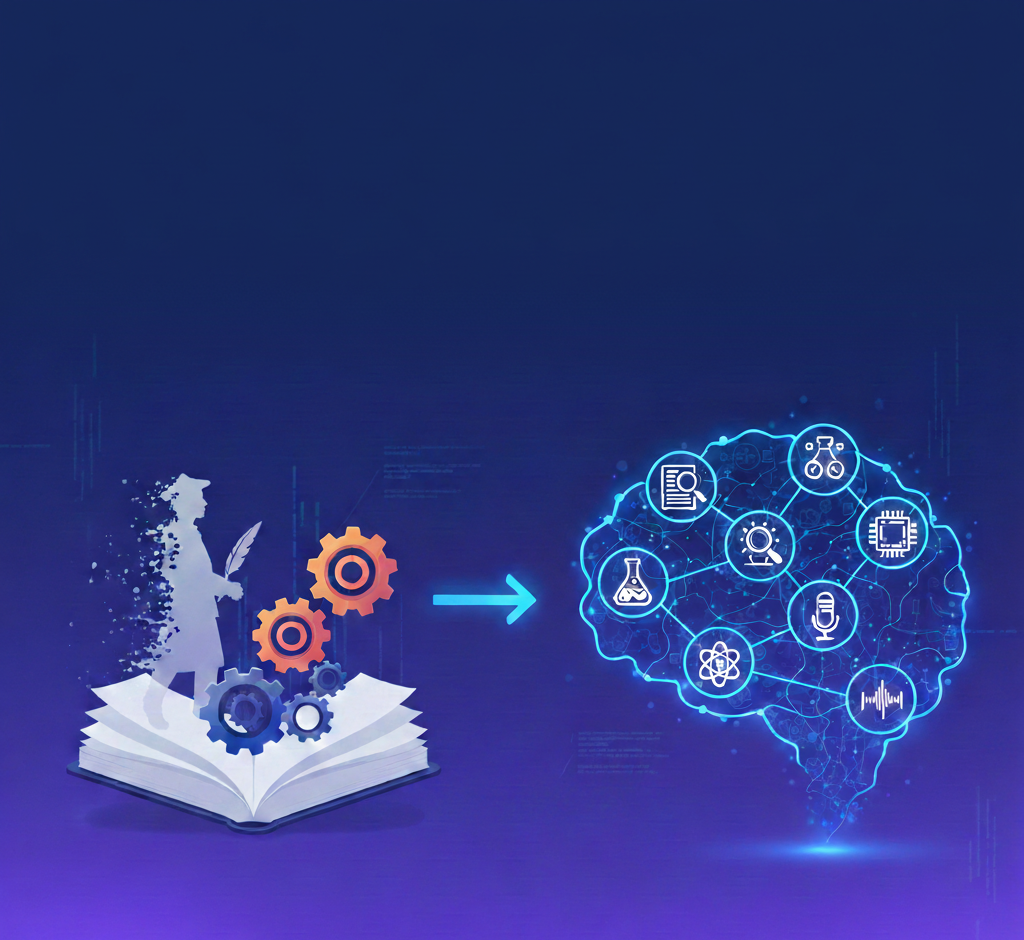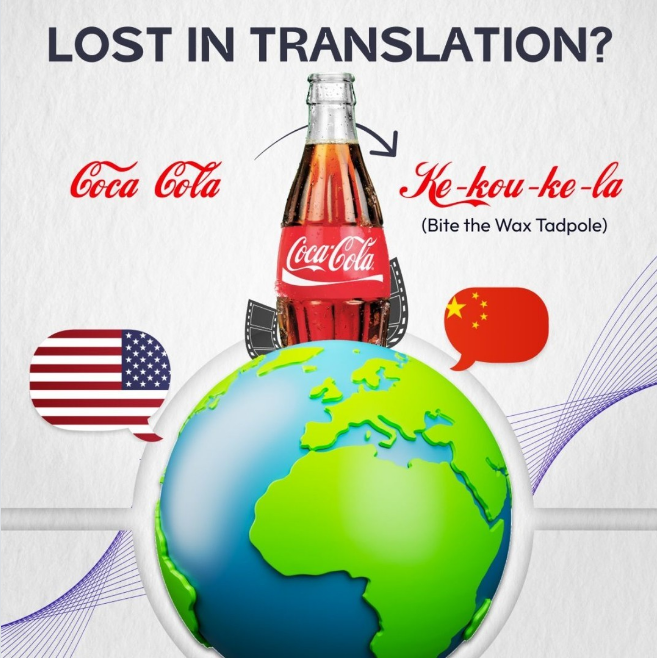The global media industry is a dynamic and ever-evolving sector influenced by a complex web of cultural, linguistic, and technological factors.
Today, more than ever, the need for effective communication across language barriers is paramount. This article explores the benefits of language services in the media industry, with a specific focus on interpretation and localization and its growing significance in the entertainment sector.
Language Services in the Media Industry
The media industry is a multifaceted landscape encompassing journalism, entertainment, advertising, and public relations, to name but just a few.
Effective communication is the cornerstone of its success, and as the industry expands into international markets, the role of language services becomes increasingly crucial. Here are the key benefits:
Global Reach and Audience Expansion
Language services, including translation and interpretation, empower media companies to reach a broader global audience.
By localizing content through translation, news outlets, streaming platforms, and production companies can break down language barriers, making their content accessible to a wider, more diverse audience. This leads to increased viewership, readership, and engagement.
Cultural Relevance
To succeed in a global market, media companies must convey their message in the audience's language and ensure cultural relevance. Interpretation services play a vital role in maintaining content integrity by accurately conveying nuances, idioms, and cultural references.
This cultural sensitivity is essential in portraying diverse characters and adapting content to different markets.
Interpreting in the Entertainment Sector
Entertainment is among the industries with a growing need for interpretation services for several compelling reasons:
Casting and Production
As the demand for international collaborations and diverse content grows, entertainment companies frequently work with talent from various linguistic and cultural backgrounds.
Interpreters bridge the communication gap during auditions, script readings, and on-set discussions, ensuring the creative process remains unhindered by simultaneous interpreting.
Press Conferences and Premieres
Promotional events, such as movie premieres and press conferences, often feature diverse attendees and journalists who speak a plethora of foreign languages.
Interpreters are vital in making these events inclusive and accessible to the global audience by providing real-time translation. This enhances the fan experience and fosters a positive image for the entertainment industry.
Voice-overs and Dubbing
In the era of global OTT streaming platforms, providing content in multiple languages is essential. Interpreters with expertise in voice-overs and dubbing ensure that characters' voices are accurately adapted, preserving the original performance's authenticity and emotional impact.
Subtitling and Native Language Accessibility
For deaf and hard-of-hearing audiences and non-native speakers, subtitling is a fundamental aspect of media accessibility. Interpretation services are integral to creating accurate and synchronized subtitles that provide a seamless viewing experience.
Market Expansion
In an era of international franchises and cross-border collaborations, interpretation services help entertainment companies navigate foreign markets efficiently. Interpreters facilitate the global expansion of media properties by accurately conveying the intent and nuances of scripts, promotional materials, and licensing agreements.
Localization in the Entertainment Industry
Localization is a critical component of language services in the entertainment sector. Localization for the entertainment industry goes beyond simple translation, encompassing a broader adaptation of content to suit specific regions' cultural and linguistic nuances. The benefits of localization in the entertainment industry are as follows:
Cultural Authenticity
Localization ensures that the content resonates with audiences on a cultural level. This involves adapting the dialogue, visual elements, references, and symbols. For example, an American film set in a New York City context may need localization when screened in Tokyo to make it more relatable to Japanese audiences.
.jpeg)
Global Appeal
By meticulously localizing content, entertainment companies can achieve global appeal. Viewers are more likely to connect with a story or character if it feels like it was created specifically for their region. This can lead to increased viewership and profitability in international markets. For this reason, as a master in the digital entertainment business nicely explains, it's crucial to know how to properly balance creativity versus technology to make globalization expansion truly effective.
Compliance and Regulation
Different regions have varying regulations and guidelines, particularly in the case of broadcast media. Localization ensures that content complies with local laws, making navigating the complex landscape of international broadcasting and distribution easier.
Casting and Voice Acting
Localization often involves selecting local voice actors to dub the characters' dialogue. This makes the content more relatable and ensures that accents, tones, and expressions align with the regional audience's expectations.
Subtitling Quality
Subtitling, a form of localization, requires careful attention to detail. Quality subtitling ensures that cultural references, humor, and wordplay are accurately conveyed, maintaining the integrity of the original content.
Gaming Industry
The video game industry, a significant part of the entertainment sector, heavily relies on localization.
Gamers worldwide expect translated text and a game experience that feels native to their language and culture. Localization is pivotal in making this happen.
Challenges in Language Services for the Media Industry
Language services play a pivotal role in ensuring effective communication and content dissemination in the media industry. However, they encounter several notable challenges that require skill, innovation, and adaptability to overcome.
Maintaining Tone and Intent
One of the primary challenges is preserving the tone and intent of the original content. This is particularly critical in creative works, such as films and television shows, where humor, sarcasm, and emotional nuances can be easily lost in translation. Achieving this balance is essential to deliver an authentic experience to the audience.
Regional Dialects and Idioms
Language is often deeply intertwined with regional dialects and idioms. These can be challenging to translate or interpret accurately, as they may not have direct equivalents in other languages. Interpreters and translators must be well-versed in both the source and target languages to navigate these subtleties effectively.
Speed and Real-time Interpretation
Media events, like live broadcasts, press conferences, and interviews, demand real-time interpretation. This requires interpreters to work swiftly while maintaining accuracy.
Handling the rapid pace of conversation and thinking on their feet can be stressful and requires immense skill and experience.
Slang and Pop Culture References
Media content often includes contemporary slang and pop culture references. These terms may be unfamiliar to audiences in other regions and require creative translation in the native language. Accurately conveying these references is crucial to maintain the authenticity of the content.
Technical and Niche Terminology
Media content may contain highly technical terminology in specialized areas such as science, technology, or legal fields. Language service providers must be well-versed in these fields to ensure precise communication. A mistake in translating technical jargon can lead to misinformation or confusion.
.jpeg)
Quality Control
Maintaining quality in language and translation services is a constant challenge. Errors in translation or interpretation can have significant consequences, leading to misunderstandings, misrepresentations, or even cultural insensitivity. Rigorous quality control measures are essential to mitigate such risks.
Content Editing and Adaptation
In the case of localization, content often needs to be adapted to fit a specific region's cultural norms and regulations. This requires linguistic expertise and a deep understanding of local customs and sensitivities. Striking the right balance between adaptation and preservation can be a complex task.
Privacy and Confidentiality
In media interviews and press conferences, confidential information may be inadvertently revealed. Translation services providers must maintain strict confidentiality and professionalism while navigating sensitive conversations.
Evolving Technology Used by Language Service Providers
Technology is rapidly changing the landscape of language services. Machine translation, AI, and automatic subtitling tools are becoming more prevalent. Language service professionals must adapt to these technological advancements, using them as aids while preserving the human touch and context in their work.
Final Thoughts
The dynamic and ever-evolving media industry relies heavily on language services to navigate the complex web of cultural, linguistic, and technical intricacies. While the benefits of these services, such as expanding global reach and enhancing cultural relevance, are evident, so are the myriad challenges that language professionals must grapple with.
These challenges, however, are not insurmountable, and the industry's ability to address them speaks to its resilience and adaptability.
From maintaining the tone and intent of content to handling regional dialects and idioms, language professionals serve as the unsung heroes, ensuring that global audiences can enjoy content as if it were created specifically for them.
Real-time interpretation, slang, technical terminology, and even accents and pronunciation are all areas where linguistic expertise must meet the demands of a rapidly changing media landscape.
The quality control measures and confidentiality required in this field underscore language service providers' professionalism and ethical responsibility.
In this ever-expanding global media ecosystem, challenges and opportunities coexist. By surmounting these linguistic and cultural hurdles, the media industry opens doors to new markets, expands its global reach, and fosters international collaboration.
The skill, dedication, and innovation of language service professionals enable media companies to bridge the gaps, create authentic and inclusive content, and push the boundaries of creativity.
Unlock the power of glocalization with our Translation Management System.
Unlock the power of
with our Translation Management System.




























